Books
Destination: Denmark
There are more Anglo-Saxon coins in Denmark than in England. Luckily, the Danes are making up for their 9th century invasion of Britain by constantly sending us new crime dramas to watch. The latest to air on BBC4 is Follow the Money, which looks at not just murder but corporate greed within a big energy company. It chimes ever so well with the financial scandals revealed by The Panama Papers.
The series ties together three main storylines, each of which brings a different crime fiction flavour to the table. When police detective Mads (Thomas Bo Larsen) is prevented from bringing the company Energreen to justice for the death of a migrant worker on one of its wind farms, he transfers to the fraud squad to see if he can nail company by other means. So far, so police procedural…
Inside Energreen, young mother and hotshot lawyer Claudia (Natalie Madueno) is clawing her way to the top. Her charismatic boss Sander Sodergren (Nikolaj Lie Kaas) is willing to do anything – from setting up shell companies and falsifying research to silencing critics – to get the company listed on the Danish stock exchange, but how much of it can she overlook before her conscience breaks down? Claudia’s story reminds us a little of The Firm by John Grisham, and with so much focus on corporate greed at the moment, Follow the Money certainly has the zeitgeist.
Then we’ve got a touch of old school noir with the exploits of Nicky (Esben Smed Jensen) and Bimse (Lucas Hansen), two down at heel mechanics who steal a car that happens to contain €2 million and an iPad full of Energreen’s dodgy financial records. Every decision they make seems to end in disaster, with attempts to launder the cash drawing the attention of serious gangsters. When Nicky tries to blackmail Energreen, the company’s bearded fixer reaches for his silencer…
Difficult relationships for the key characters – and the fact that they’re all capable of digging deep holes for themselves – give Follow the Money extra texture and sensitivity. It hasn’t proven as popular as The Bridge or The Killing, but it’s a grower, outdoing the more straightforward Danish police drama Those Who Kill.

Global fans
It was The Killing that really put Danish television on the global broadcast map, establishing a huge cult following and instigating a US remake. Over three seasons, beginning in 2011 (UK airing), we savoured some of the defining aspects of Nordic noir – the semi-autistic, strong female lead; a drawn-out and complex case; a willingness to tackle issues like immigration, racism and political corruption; and a cold and gloomy atmosphere.
Even more popular, The Bridge – a joint Danish-Swedish production – took Sarah Lund’s social ineptitude and dialled it up in the character of Saga Noren, a detective who takes everything absolutely literally and struggles with anything not resembling investigative work. Over three seasons, so far, she’s worked with Martin Rohde (1 and 2) and Henrik Sabroe (season 3) to solve murder cases that have spanned the Oresund bridge between Copenhagen and Malmo. Lund’s iconic jumper has been replaced with Noren’s leather trousers.
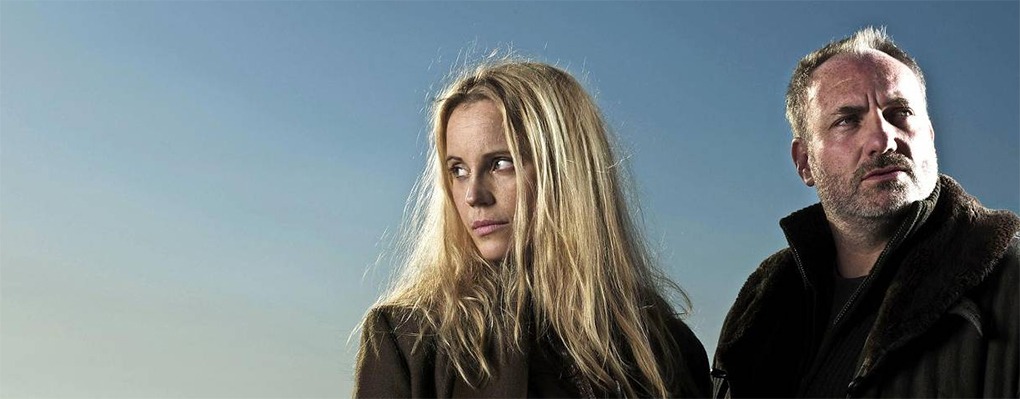
Best reads
The finest Danish crime novels are populated with similarly peculiar characters. A must-read classic is Miss Smilla’s Feeling for Snow. Smilla Jaspersen is half-Greenlander, half-Dane, and two sets of principles rule her thinking. One comes from theoretical physics, the other from her amazing intuition when it comes to snow, ice and fog. When the little boy who lives downstairs apparently throws himself off the snow-covered roof of Smilla’s block of flats, she’s not convinced it’s suicide and sets out to investigate.
If you enjoyed MJ McGrath’s Edie Kiglatuk stories – set in Arctic Canada – you’ll love this 1992 novel. It shows that the insular, anti-social female lead so common in Scandinavian noir was not entirely the invention of Stieg Larsson with his Lisbeth Salander.
More quirky
It’s tempting to say that Smilla is a quirky character, but that implies a modicum of humour. Smilla, with all her snow, is too cold for that. For that slightly odd Danish sense of humour, look to Jussi Adler-Olsen’s Department Q series. Copenhagen detective Carl Morck is every bit as anti-social as Sara Lund or Miss Smilla, so his bosses put him in charge of the cold case unit – Department Q – in the basement of police HQ.
But his bitter humour and oddball colleagues give the books a sense of fun, while dealing with horrible crimes and hefty topics at the same time. Morck’s assistant, Assad, is a Syrian immigrant with dark secrets, deadly fighting skills, and a very bizarre way of speaking to his Danish counterparts. Rose is their secretary and researcher, but she loves getting out in the field, sleeps with random people, oh and there’s the small matter of her split personality.
The series began with the excellent Mercy, a story about the inexplicable disappearance of a Danish politician. It was filmed as The Keeper of Lost Causes, with Follow the Money star Nikolaj Lie Kaas as Morck. However, the most interesting story is to be found in Redemption, in which a missing brothel madam leads Morck into a case dating back many years, to a time when poor young women were institutionalised if they got pregnant, and sometimes sterilised. Hard-hitting stuff.
Hammer time
More quirky, character-led Danish writing is to be found in the three translated novels by brother and sister authors Soren and Lotte Hammer. The first novel in the Konrad Simonsen series, The Hanging, is an absolutely gripping read that begins with the discovery of five men, all castrated, hanging in a school gymnasium. The third, The Vanished, also begins at a school, when a pupil produces a machine gun and releases his angst. This open and shut case leads Simonsen – recovering from a heart attack – to look into the death of a loner who himself may have been involved in the disappearance of an English woman 40 years prior. Like Jussi Adler-Olsen, the Hammers pepper their books with a wry type of humour that seems peculiarly Danish, but will appeal to English tastes.
See also
Other impressive Danish authors to try include Sara Blaedel, with her Louise Rick series, as well as Stefen Jacobsen, whose Retribution is a police thriller that sees a suicide bomber attack Copehagen’s famous Tivoli Gardens. Another unusual and introspective character study is to be found in The Preacher by Sander Jakobsen, written by two teachers, who explore guilt and innocence via the murder of a vicar’s wife in a small town.
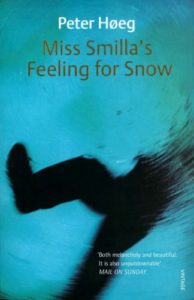

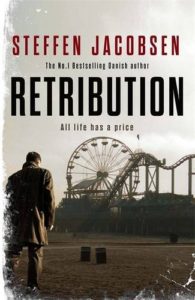
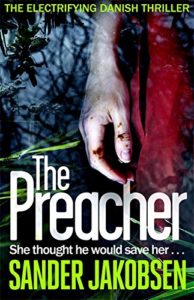
1 Comment
Join the discussion
Please note: Moderation is enabled and may delay your comment being posted. There is no need to resubmit your comment. By posting a comment you are agreeing to the website Terms of Use.
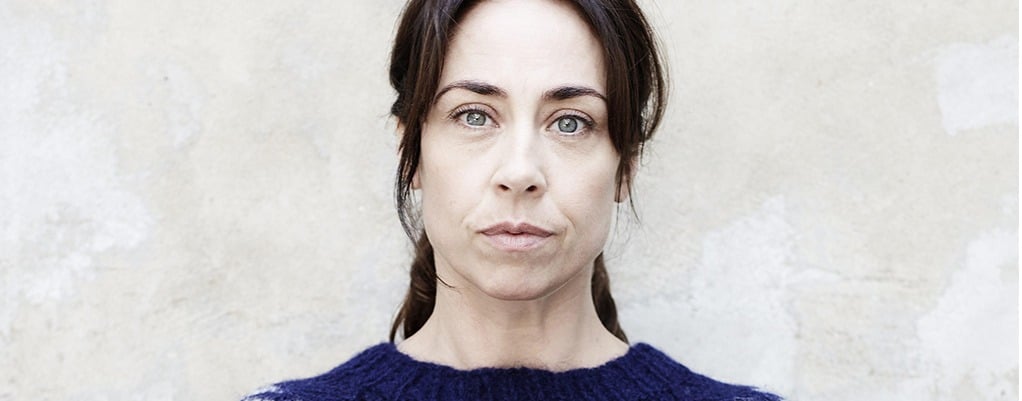


brilliant!